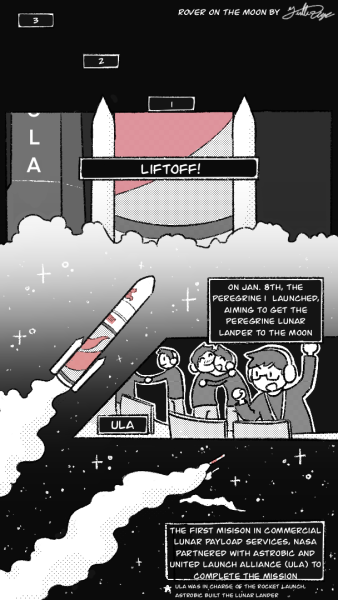Teacher Strike in West Virginia Comes to a Victorious End
March 23, 2018
After nine consecutive days of protesting the streets of West Virginia, teachers were finally able to achieve their demand for higher wages. On the Tuesday of March 6, West Virginia Gov. Jim Justice signed a bill that would give a 5% pay raise to teachers’ salaries. In this feat, teachers were able to resume back to their classes that next day.
The strike began Feb. 22 after teachers were unsatisfied with their salary, in addition to the increase in health care costs. According to the National Education Association, West Virginia ranks 48th in average salary, which is around $44,701. Their poverty rate is above 17%, and due to teachers insufficiency to support their family due to an increase in health insurance, they will also not be able to do their job in educating children. While on strike, fifty-five of the West Virginia school districts were closed, resulting in thousands of kids missing valuable learning.
Mr. Sanders, who is a history teacher at Downey High, most definitely is concerned about the children’s education.
“It’s a shame that this is happening,” Sanders said. “A lot of these kids need a proper education.”
Yet the fact that it took nine days for West Virginia’s State Congress is questionable? Do they not want their public workers to get the money they deserve for serving their community?
Ms. James, a U.S. History teacher at Downey High, believes that their state congress has other means to attend to that does not necessarily involve fixing the education system. “This hasn’t been a spending priority for them [West Virginia’s State Congress],” James said. “Convincing them that 5% is a worthwhile investment is challenging.”
While throughout history protesting has been adamant in raising awareness to an issue and allowing the voices of the people to reach their government, striking is actually considered illegal under West Virginia’s state law. This was ruled back in 1990 under another strike that occured in the state under the same reasons. Because these were people that worked in the public sector, this was seen as interrupting the needs of the public.
“Teachers are increasingly feeling that their compensation doesn’t measure up with other professionals,” Sanders said. “Teachers need to stick together to feel that they are fairly compensated.”
It’s also interesting to get a hold of students perspective on the issue, so I asked Joshua Velasquez, 11, what he would do if he were in the same position. “If the law was passed I would keep striking,” Velasquez said. “But if nothing was done after that then maybe would hole a small scale twin hall where people could discuss frustrations and voice new ideas wit the people of Congress.”
While West Virginia teachers and other public sector workers got what they wanted, there are still other states that have underpaid workers, especially Mississippi and Oklahoma. Speaking of Oklahoma, it has already been noted that they also might be preparing for a strike of their own.
The impact of West Virginia’s strike already seems to be making a statement to other states to fight for what they deserve, and that they will go through whatever trials and tribulations to achieve them.




